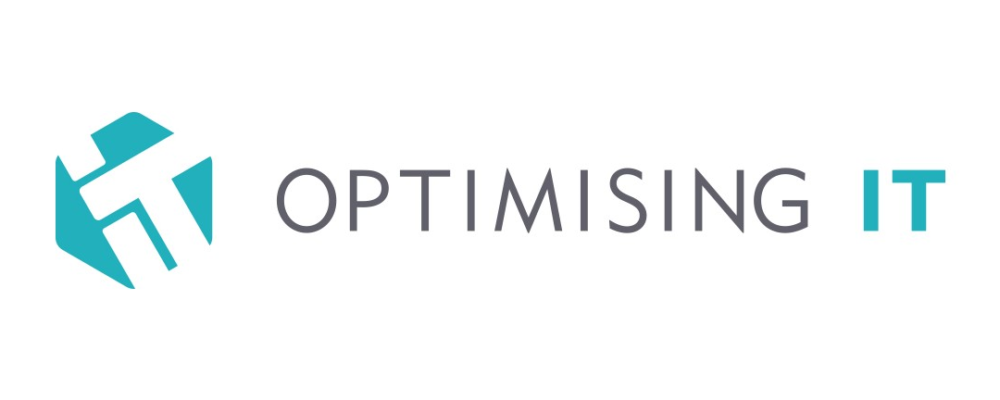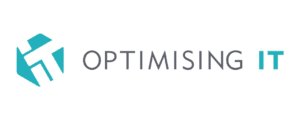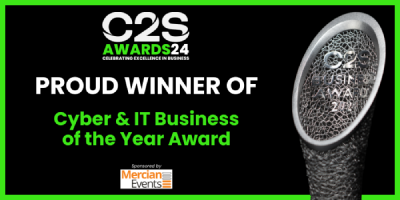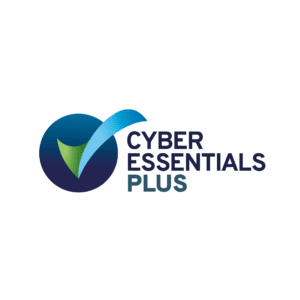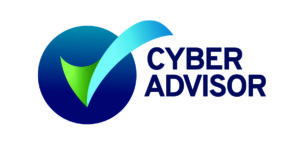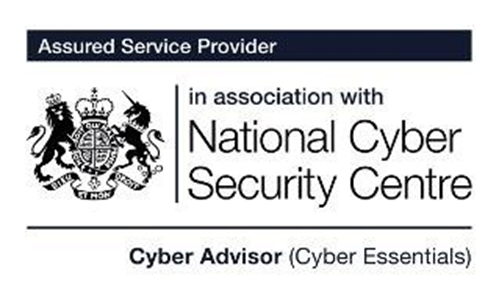As the world becomes increasingly more digital and our familiar physical settings shift to their new digital settings, managed antivirus solutions are more necessary than ever. In 2022 alone, cybercriminals cost users a whopping $6 trillion in damages.
The number of ransomware attacks in 2018 increased by 350%. What’s even scarier is that 70% of small businesses are currently considered high risk cyber attack targets! Learn how a compliance certificate could help keep your company’s sensitive data safe with these tips to avoid cyber criminals.
Why Does Cyber Security Matter?
Cyber attacks cost the US economy billions of dollars each year and pose an enormous threat to both individuals and businesses all around the world. A managed antivirus software can help mitigate some of your risks, but not all of them. In fact, your greatest risk is often your own staff. Why? Small businesses are particularly attractive targets due to their limited security infrastructure, limited cyber security education, and large digital systems that house tons of sensitive information.
Most business owners understand that cyber security compliance is crucial because the many cyber security threats out there can be a real issue. However, they struggle to afford a real cyber security solution like a managed antivirus program. What’s even more expensive is the loss of sensitive customer and vendor data. Data breaches and cyber security attacks can cost you your entire business in the blink of an eye. Below, we’ll cover some of the ways you can protect your staff, clients, and vendors from becoming a cyber attack target and how cyber security managed services can help.
Train Your Staff
One of the most common cyber security threats right now is cyber attackers posing as C-suite executives asking for gift cards or sensitive personal info from their staff. The attackers will pose as a C-suite executive, mimic the email address and signature, and ask for something personal from the staff. Fearful of being reprimanded, many staff members will quickly share the information asked. It’s important to encourage your staff to question these situations and bring their concerns to you. Assure them you won’t ask for this personal information and that you will never be upset with them for voicing their concerns about these suspicious messages.
Adhering to proper cyber security compliance guidelines can benefit everyone: your employees who might give up their personal info and executives who don’t want to experience a data breach. Training employees on basic internet usage best practices or requiring each member to obtain a compliance certificate can go a long way in preventing cyberattacks. Training topics you should cover include:
Spotting Phishing Emails
This includes any email that appears to have come from within the company’s servers but may have a strange or odd request within the email. Teach your employees to be wary of these requests so they do not inadvertently give company secrets away.
Using Good Internet Browsing Practices
Stranger danger isn’t just for kids. Adult staff members also need to be mindful of who and what they engage with online both at home and in-office. Strive to keep work focused on the workplace and ensure that your employees know what information should be kept private and within company walls.
Avoiding Suspicious Downloads
Clicking strange links or downloading attachments from people outside of your network could lead to a possible attack. A managed antivirus solution can help mitigate some of the fallout but the best remedy is to avoid suspicious downloads altogether.
Enabling Authentication Tools
A strong password is great, but using multi-factor authentication on top of this is ideal. While most people use their phone numbers as a way to authenticate, numbers can be cloned. Using an authenticator app like Google Authenticator can further protect your staff and sensitive data.
Protecting Sensitive Vendor and Customer Information
Sensitive vendor and customer information should always be housed in a safe location. A cyber security consultancy can help you protect the sensitive data that might otherwise be vulnerable to attack.
Secure Your Networks
Did you know a cyber attacker could access your data simply by accessing your WiFi? Safeguarding your internet connection by encrypting information and using a firewall (in addition to ensuring your network is secure and hidden) can help protect you. To hide your Wi-Fi network, set up your wireless access point or router so it does not broadcast the network name, known as the Service Set Identifier (SSID).
Password-protect access to the router. If you have employees working remotely, use a Virtual Private Network (VPN) to allow them to connect to your network securely from out of the office. This is one of the best cyber security solutions along with a managed antivirus protection plan to ensure that your data is safe.
Monitor and Manage Cloud Service Provider (CSP) Accounts
Managed antivirus solutions like a Cloud Service Provider can host your organization’s information, applications, and other sensitive collaborations. This is especially important for those who are using a hybrid work structure. This cyber security solution helps place some of the onus on the provider which can free up time and space for your business to get back to doing what they do best–whatever that may be.
Secure Payment Processing
Do you allow payments to be made online? Perhaps you use WiFi to connect to your payment processor. Whatever the case may be, working with your bank and card processors to ensure that you are using the latest and most trusted, validated tools that offer anti-fraud services to protect your business. Isolate your payment systems and avoid less secure programs. Avoid using the same computer to process payments and to casually browse the internet. This will help you avoid any potential risks or attacks.
Enable Multi-Factor Authentication
Multi-factor authentication is a mechanism designed to verify an individual business, person, or vendor by requiring them to provide information beyond a username and password. Typically MFA requires users to provide two or more of the following:
- Username
- Password
- PIN
These can be used via a physical token like a phone and or something that physically represents the user like a fingerprint or facial recognition.
Multi-factor authentication can be partially managed with a cloud service provider or another IT support systems solution. But don’t let these big words and ideas scare you. You use MFA nearly every day with your phone or computer.
Keep Your Data Protected with Optimising IT
At Optimising IT we offer a wide range of cyber security managed services for your business. From managed antivirus solutions to compliance certification, we can help you prepare for an attack before it happens. If you’re curious about your cyber security we offer cyber security audits to assess your level of risk. Learn more today on how Optimising IT can help keep your business safe.
